Are you interested in learning how to use cannabis but unsure how it will affect you? Is cannabis a depressant, or will it make you feel depressed? Learn more about the different effects to expect and how you can safely use cannabis to get the desired outcome you are after.
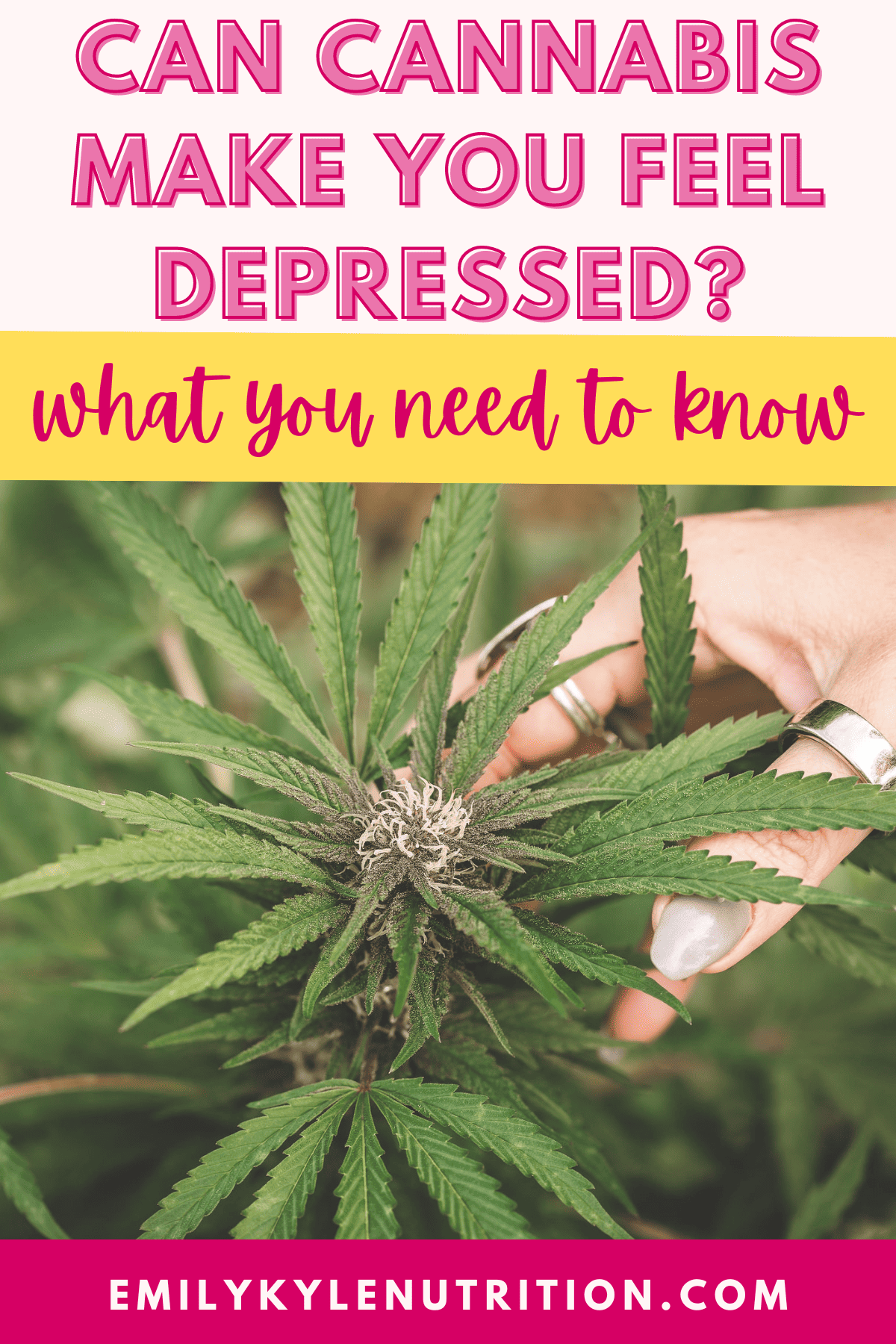
Table of Contents
Article Features
- Why cannabis is not a depressant
- Why cannabis can provide similar effects
- Ready to experiment? Shop with me to find everything you need to get started – from topicals, tinctures, and more – ordered online and delivered directly to your door!
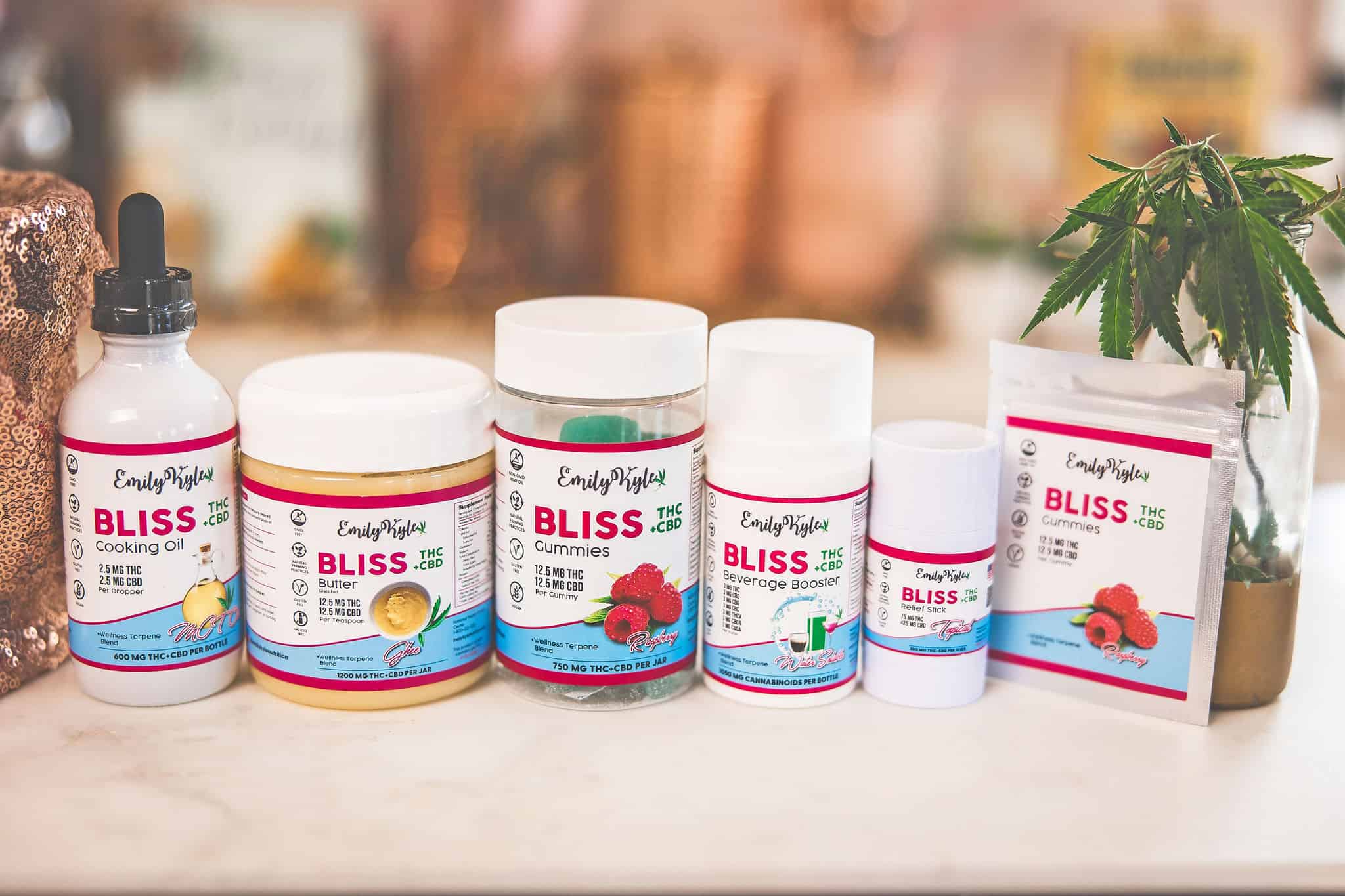
Why You Will Love This Guide
Hello and welcome! If you’re new to the world of cannabis, I’m here to help.
And first I want to reassure you, of course, it is completely normal to have reservations about using cannabis, especially if it is your first time.
One of the most common reasons people turn to cannabis is to help naturally manage anxiety and depression.
But is cannabis a depressant? No, the answer is a bit more complicated than that.
As members of my Well With Cannabis Community know, the cannabis plant can affect each person differently, as we all have unique individual physiology and endocannabinoid systems.
And because the plant contains over 100 cannabinoids and 500 active compounds that can vary from strain to strain, each one can produce different effects.
That means there are a lot of different ways cannabis can affect you, and it is important to take some time to educate yourself on how each option works – so you can find what is right for you.
In this guide, we will discuss how depressants work, how cannabis may act as a depressant, and what you can do to ensure you get the positive experience you’re looking for when using cannabis.
How Does a Depressant Work?
Cannabis and the effects it can provide can be classified as a depressant, stimulant, or hallucinogen.
However, despite its pain-relieving qualities, it is not an opiate.
By definition, depressants are substances that cause the central nervous system to slow down.
They may slow the heart rate, blood pressure, and breathing rate.
This complex network of nerves and neurons transmits information between the brain and the rest of the body, affecting brain function.
By changing the concentration of different neurotransmitters, depressants slow down the transmission of messages from the body through the nerves.
Benzodiazepines, sleep prescriptions such as Ambien, and barbiturates, along with several dissociative and anti-seizure treatments, can all cause CNS depression.
Depressants can be administered and used correctly, but they are also prone to misuse, resulting in major complications and risks.
Even though cannabis has many of the same characteristics as depressants, it is not a depressant since it does not affect the concentrations of the key neurotransmitter, gamma-aminobutyric acid.
Cannabis derives its effects by engaging with parts of the brain, causing it to release dopamine, a profound sedative.
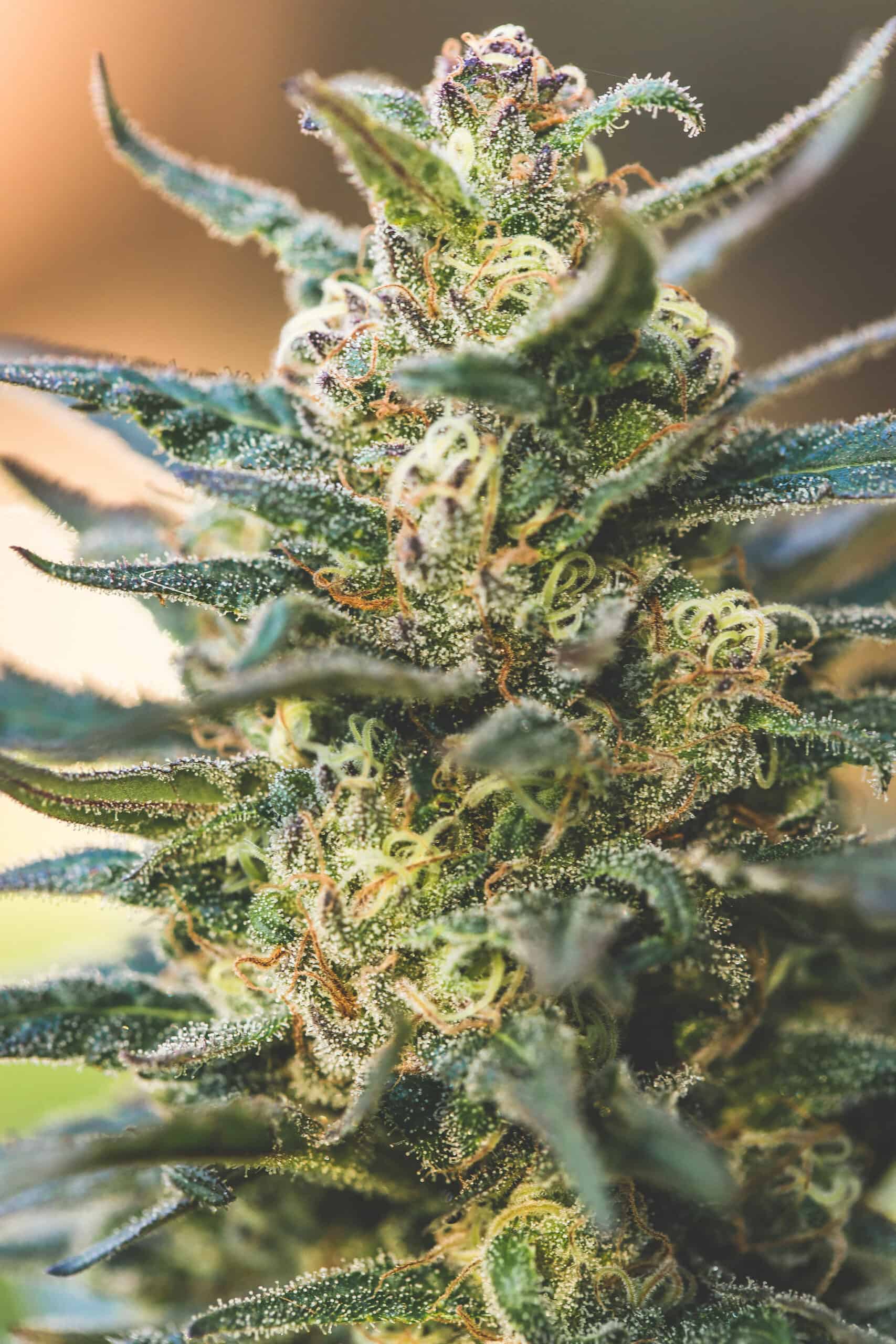
How Cannabis Can Affect Your Body
Regarding cannabis, the most common compound, THC, can make a person feel a depressant effect.
However, not all cannabis plants contain high amounts of THC, the compound responsible for the psychoactive effects.
Therefore, the overall effects of marijuana can differ between different strains and are not universal to the Cannabis Sativa plant itself.
Many people anecdotally claim that the strain of cannabis matters; Indica strains are more soothing, whereas Sativa strains provide more stimulant properties.
The method of administration can also alter the outcome among different people.
An individual who smokes or vapes will experience a different effect from someone who eats edibles or applies them topically to the skin.
SAVE THIS GUIDE 💌
It Depends On The Cannabinoid
When it comes to cannabis plants, they could be classified as hemp or marijuana, depending on how much THC they contain.
You can purchase and consume CBD hemp flower, which contains the benefits of cannabis, without the hallucinogenic effects.
You can also purchase and consume THC flower, which contains the benefits of cannabis and the psychoactive substance THC.
The effects of cannabis will be directly related to the cannabinoids it contains and how those chemicals work with your endocannabinoid system.
The amount of THC is also directly related to the experience.
Low doses may cause feelings of relaxation, pain relief, and more, while high doses of THC may produce the opposite effect.
Too much THC can cause different reactions and adverse effects.
Drawbacks of Too Much THC
- cognitive impairment
- poor concentration
- affects long-term memory storage
- short-term memory loss or memory problems
- hallucinogenic properties
- panic attacks
By taking your time to dose responsibly, you can find your perfect dose of THC to get the effects you are looking for without the unwanted symptoms mentioned above.
Conclusion
Whether you use cannabis for medical purposes or recreational purposes, it’s important to know that it is not a depressant but can cause effects associated with depressants.
Different forms of cannabis can make you feel differently, depending on the concentration of the psychoactive chemical THC and a person’s perception of how it makes them feel.
The bottom line, the use of marijuana can be tailored and customized by the type and concentration of cannabinoids used.
While too much THC may cause negative effects, just the right amount of THC can help relieve chronic pain, muscle spasms, mental health conditions like anxiety disorders, and more.
Responsible cannabis use can help to improve your quality of life, reduce your need for prescription drugs, and be enjoyable for recreational use.
If you are ready to get started, one of the best places to get started is with a medical marijuana card.
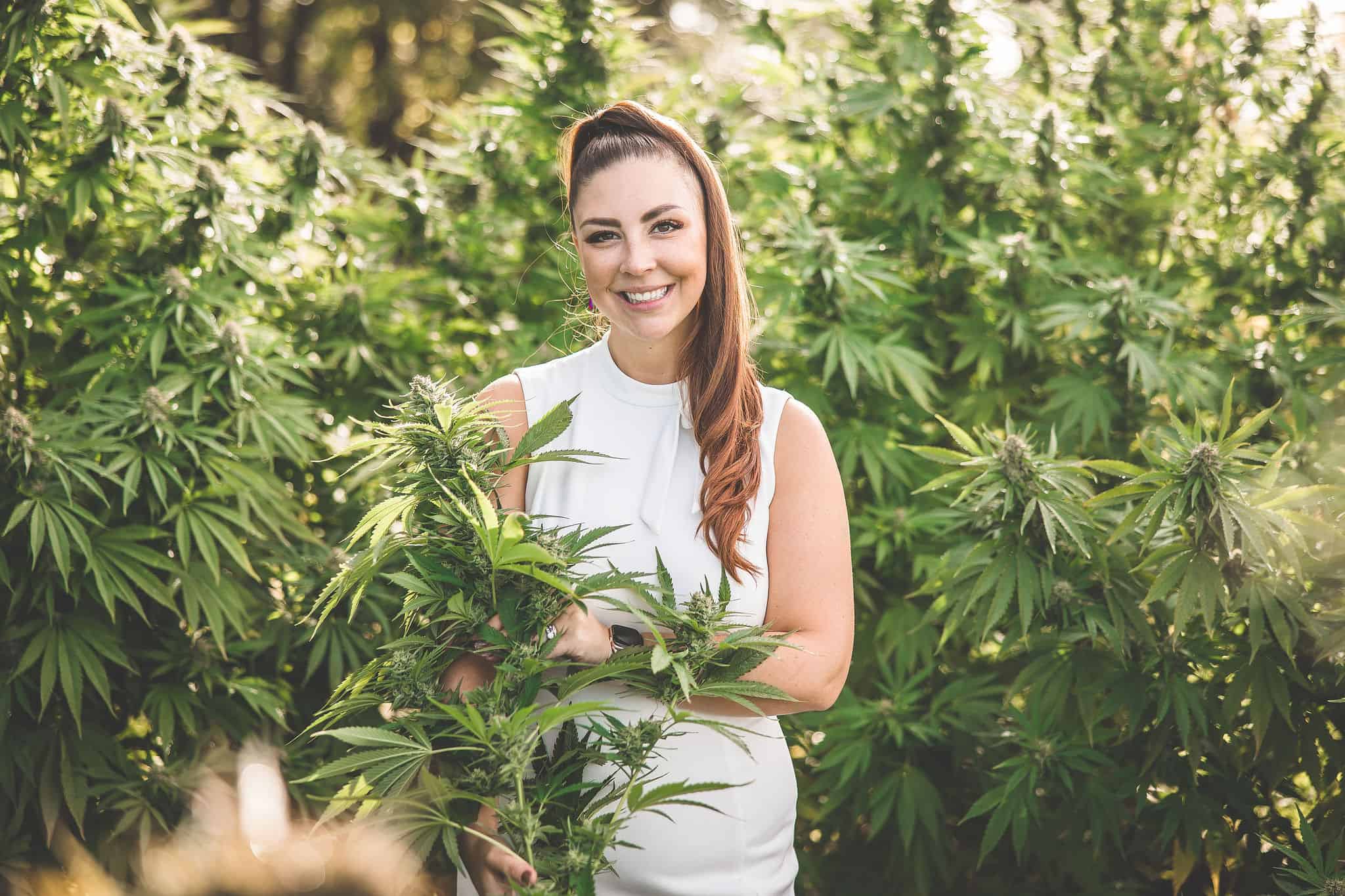
Join thousands of like-minded cannabis lovers from across the world inside a censor-free forum where you can explore the health benefits of cannabis and truly learn what it means to live Well With Cannabis →
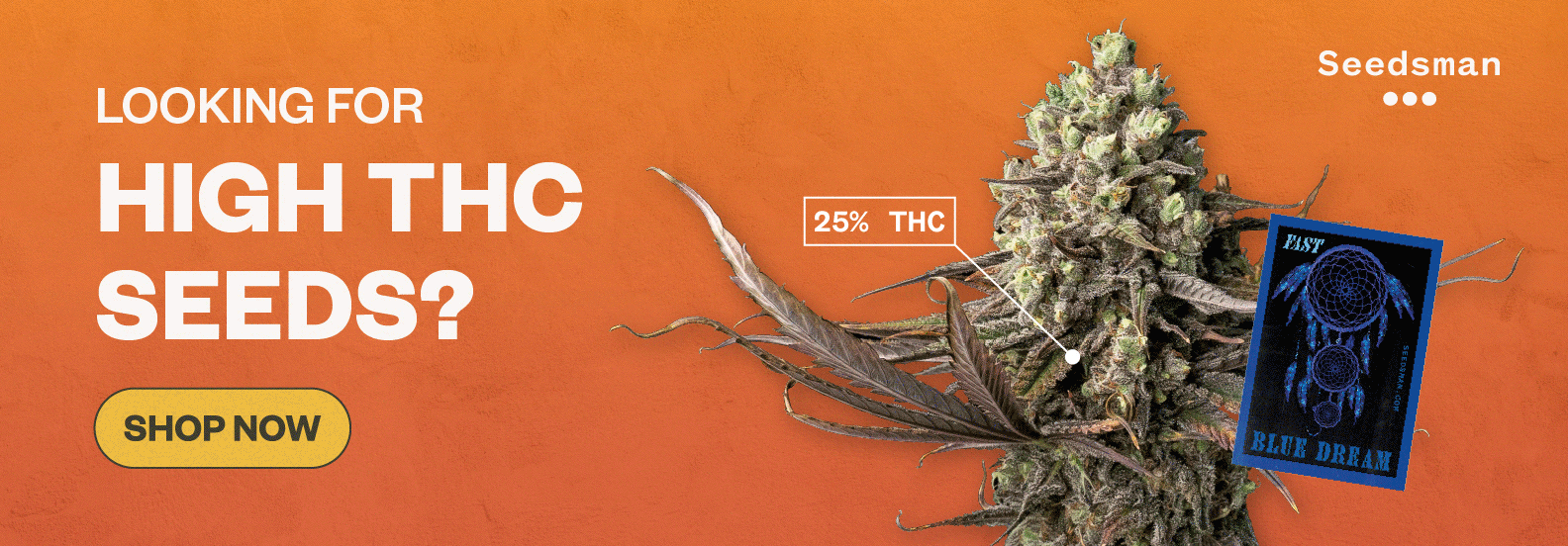
More Articles You Will Love
Articles & How-To Guides
How to Use Cannabis to Manage Anxiety
Articles & How-To Guides
How to Use Cannabis with Autoimmune Disorders
Articles & How-To Guides
Cannabis for Pain Relief: Does It Work?
Articles & How-To Guides

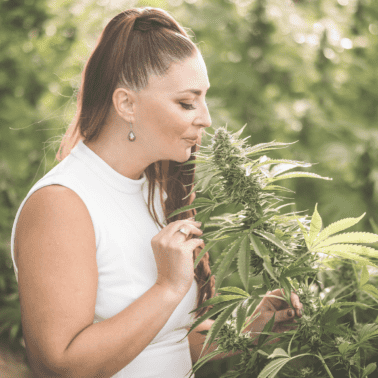
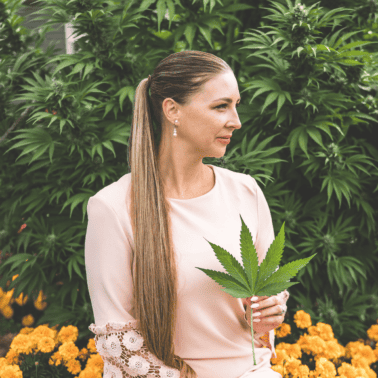
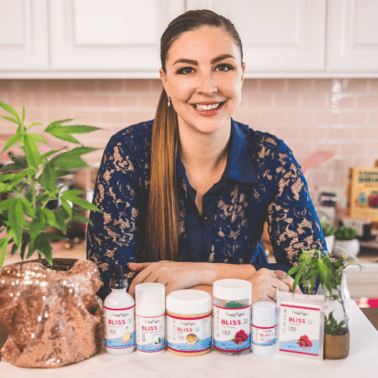
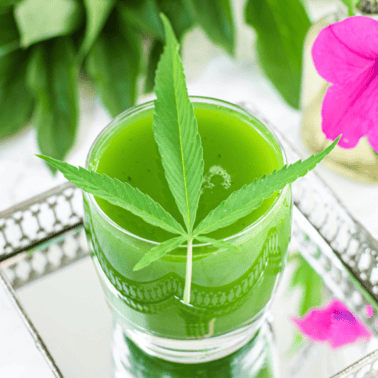
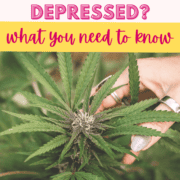








I’d just like done guidance how cannabis can ease anxiety, but not overdoing and acknowledging depression can be triggered as well..
Hi Janet. For anxiety, it’s best to use both CBD and THC. CBD helps to offset the unwanted effects of THC, makes the experience more gentle, and can help the experience be more comfortable. People often talk about CBD:THC in ratios, so if you had a 10:1 ratio, it would be 10mg of CBD to 1 mg of THC. If I were you, I would experiment with different levels of CBD and THC separately and together to see what your body responds to best. And know that ultimately, if you ever take too much THC again on accident and have that terrible skin-crawling feeling, you can take a big (50-100mg) dose of CBD, and it will make it much better and bring down that high. I hope this helps!